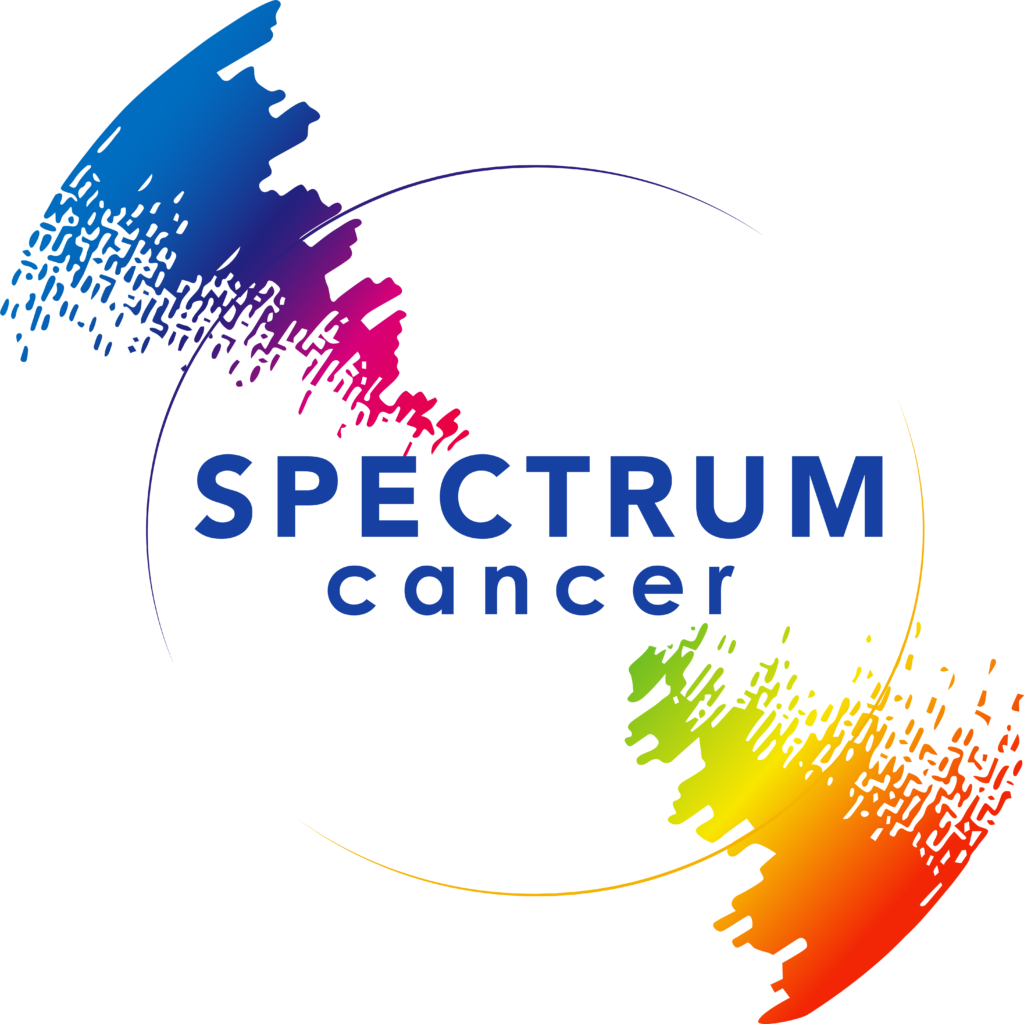ASCO Perspective Quote
“The old adage ‘take two aspirin and call me in the morning’ may now find a new meaning. A simple intervention of low-dose aspirin reduces the risk of colorectal cancer recurrence for patients with genetic changes in the PI3K signaling pathway, occurring in one-third of patients with colorectal cancer,” Pamela L. Kunz, MD, Yale School of Medicine.
Study at-a-Glance
| Focus | Low-dose aspirin use to reduce the risk of recurrence in colorectal cancers with PI3K pathway alterations |
| Population | 626 patients in Sweden, Denmark, Finland and Norway |
| Main Takeaway | For patients with stage I, II, or III rectal cancer or stage II or III colon cancer with PI3K pathway driver alterations, daily treatment with 160 mg of aspirin for 3 years reduced recurrence rates. |
| Significance |
|
ALEXANDRIA, Va. — According to one of the first biomarker-driven randomized study in people with non-metastatic colorectal cancer, taking 160 mg of aspirin daily after treatment ends can reduce the risk of cancer recurrence in patients with cancers that harbor a specific type of genetic mutation called PI3K. These mutations are common to many types of cancer and are found in about 30% of colorectal cancers. This research will be presented at the 2025 American Society of Clinical Oncology (ASCO) Gastrointestinal Cancers Symposium, taking place January 23-25 in San Francisco, California.
About the Study
There were 3,508 patients across 33 hospitals in Sweden, Denmark, Finland and Norway who were screened for this trial. They either had stage II or III colon cancer or stage I, II, or III rectal cancer. The median age was 66 years and 52% of the patients were women. Most patients were White.
Of those patients, 1,103 had a genetic change in the PI3K pathway. These patients were then divided into two groups for treatment in the clinical trial:
- Group A included patients with a PIK3CA mutation in exon 9 and/or 20.
- Group B included patients with other PI3K mutations, including PIK3CA mutations outside exon 9/20, or mutations to PIK3R1 or PTEN genes.
Ultimately, 626 patients continued on with the trial and received treatment. Of those, 419 had colon cancer and 207 had rectal cancer. Patients in Group A and Group B were randomly assigned to receive 160 mg of daily aspirin or a placebo for 3 years.
Key Findings
- When compared to placebo, patients in both groups were less likely to have their cancer grow or change over 3 years if they took aspirin.
- Patients in Group A had a 51% lower risk of cancer recurrence when compared to placebo. The rate of recurrence in this group was 7.7% in patients who took aspirin and 14.1% for those who took a placebo.
- Patients in Group B had a 58% lower risk of cancer recurrence when compared to placebo. The rate of recurrence in this group was 7.7% in patients who took aspirin and 16.8% in patients who took a placebo.
- The benefit of using aspirin was seen for all groups, no matter what type of driver alteration or change to the PI3K pathway they had. For Group A and Group B combined, patients who took aspirin were 55% less likely to have their cancer recur than those who took a placebo.
According to the authors, the results of this study could immediately change practice for a significant portion of patients diagnosed with colorectal cancer.
“We have studied and demonstrated the value of a widely used, well-established, and cost-effective drug with a low-risk profile for patients with colorectal cancer. Aspirin has been shown to effectively reduce recurrence rates and improve disease-free survival in more than one-third of these patients,” said lead study author Anna Martling, MD, PhD, Professor at Karolinska Institutet, Department of Molecular Medicine and Surgery, Stockholm, Sweden. “In addition, this research highlights the importance of precision medicine and the use of advanced diagnostics. These tools can enable tailored treatments and the repurposing of existing drugs for new applications.”
Severe side effects of daily low-dose aspirin use were rare. There was one case of severe gastrointestinal bleeding, one case of brain bleeding and one allergic reaction.
Next Steps
Researchers will continue to study the data collected during this trial with additional subgroup analyses planned, including the role of gender and socioeconomic status.
This study received funding from the Swedish Research Council, Swedish Cancer Society, ALF (a regional agreement on medical training and clinical research between the Stockholm County Council and Karolinska Institutet), and the Stockholm Cancer Society.
View the full abstract (author disclosures included in the abstract)
View the News Planning Team disclosures
ATTRIBUTION TO THE AMERICAN SOCIETY OF CLINICAL ONCOLOGY GASTROINTESTINAL CANCERS SYMPOSIUM IS REQUESTED IN ALL COVERAGE.
###
About ASCO
Founded in 1964, the American Society of Clinical Oncology, Inc. (ASCO®) is committed to the principle that knowledge conquers cancer. Together with the Association for Clinical Oncology, ASCO represents more than 50,000 oncology professionals who care for people living with cancer. Through research, education, and promotion of high quality patient care, ASCO works to conquer cancer and create a world where cancer is prevented or cured, and every survivor is healthy. Conquer Cancer, the ASCO Foundation, supports ASCO by funding groundbreaking research and education across cancer’s full continuum. Learn more at www.ASCO.org, and follow us on Facebook, X, LinkedIn, Instagram, and YouTube.

